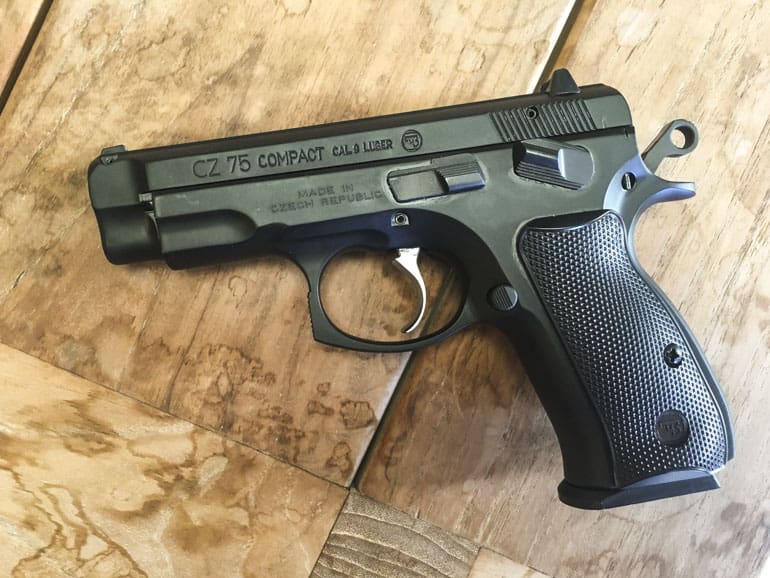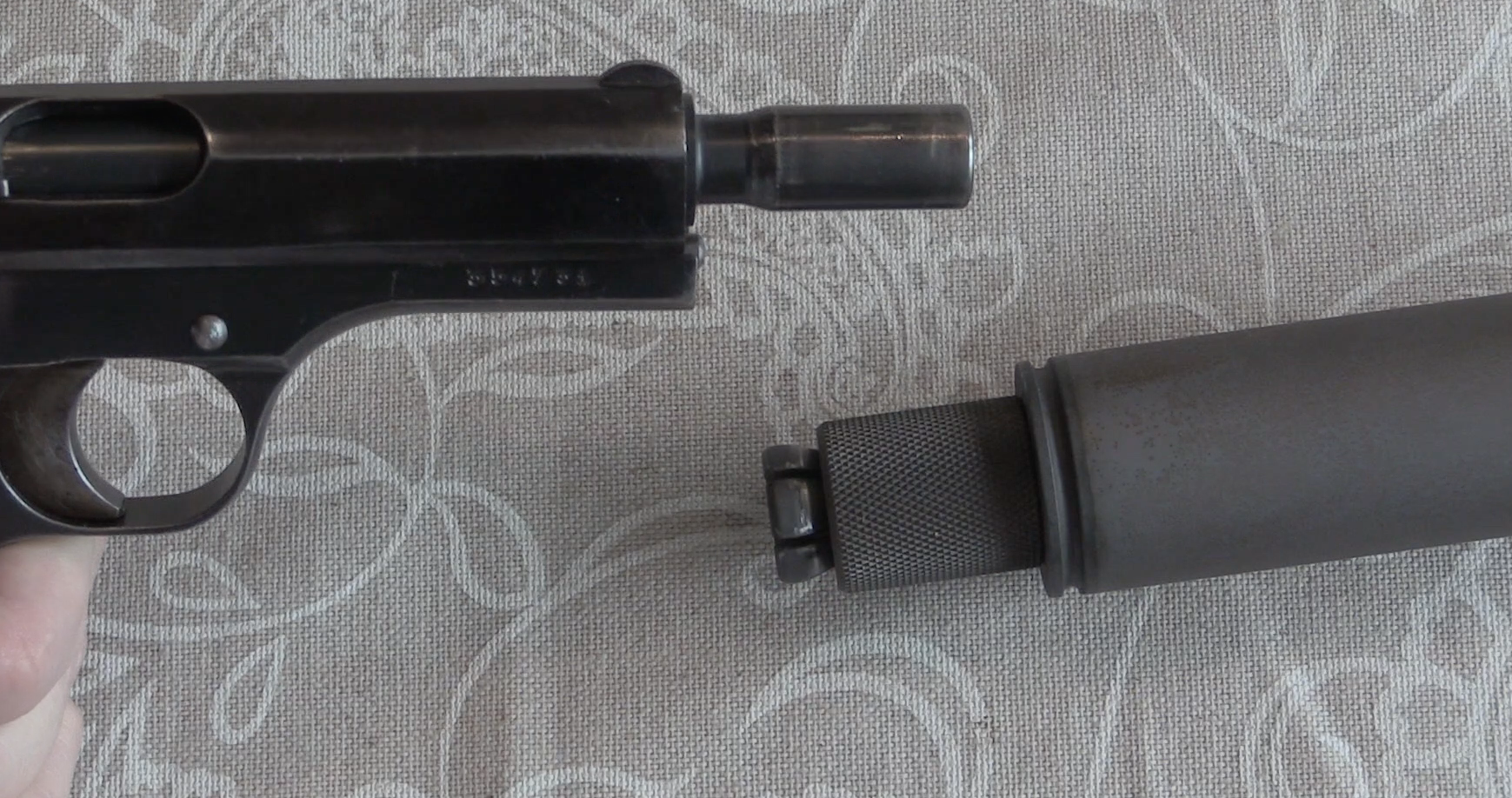C Z 27 Pistol Manual

- To help expand this stub you may refer to the German articles Vz.24 (Pistole) and Vz.27.
Triple K / Grips, Wood Grips, Stocks, Buttplates & Parts / Grips, Buttplates & Parts / CZ 27,.32ACP, 8 RD MAGAZINE OR GRIPS. ORIGIN – CZECHOSLOVAKIA. CALIBER –.32 ACP. WEIGHT – 25 OZ. OVERALL LENGTH – 6.30″ LENGTH OF MAGAZINE – 3.93″ A slightly modified version of the 1924 model. Modifications are internal and are not visible. The Cz 27 replaced the Cz 24. The CZ27 had a simplified blowback locking system. The rotating barrel system of the CZ24 was given up. Caliber changes from 9 mm short to 7,65 mm Browning. Technical data.
| vz. 27 (CZ-27) | |
|---|---|
| Type | Pistol |
| Place of origin | Czechoslovakia |
| Service history | |
| Used by | Czechoslovakia Police and Military |
| Production history | |
| Designer | Josef Nickl |
| Manufacturer | Česká zbrojovka, Böhmische Waffenfabrik (under German occupation) |
| Specifications | |
| Mass | 0.67 kilograms (24 oz)[1] |
| Length | 155 millimetres (6.1 in)[1] |
| Barrel length | 99 millimetres (3.9 in)[1] |
| Height | 125 millimetres (4.9 in)[1] |
| Cartridge | .32 ACP |
| Action | Blowback |
| Muzzle velocity | 280 m/s (920 ft/s)[2] |
| Feed system | 8-round Magazine |
| Sights | Fixed front blade, drift-adjustable notch rear |
The vz. 27Band in a box 2015 for mac. is a Czechoslovak semi-automatic pistol, based on the pistole vz. 24, and chambered for 7.65 mm Browning/.32 ACP. It is often designated the CZ 27 after the naming scheme used by the Česká zbrojovka factory for post-World War II commercial products. However, it is correctly known as vz. 27, an abbreviation of the Czech 'vzor 27', or 'Model 27'.
After the German occupation of Czechoslovakia in mid-March 1939 the pistol was folded into the German armed and police forces as the P27. Construction of the pistol continued in Czechoslovakia until the 1950s. Allegedly, the Czechoslovak military authorities sold five and a half thousand surplus vz. 27s to the Swiss in 1973 for half a million marks. Between 620,000 and 650,000 were manufactured in total, 452,500 of those under German occupation. In December 1948, a gift of five 'ČZ 247' automatic variants of the pistol (based on both the vz. 24 and vz. 27) was sent to Ethiopian emperor Haile Selassie. In 1949, the pistol was exported to 28 countries, including Turkey (3,286 pistols), Great Britain, South Africa, Egypt, Kenya, and Pakistan.
Users[edit]
- Bolivia
- Brazil
- Ecuador
- India
- Poland
- Germany
- Venezuela
References[edit]
- ^ abcdJ. B. Wood, The Gun Digest Book of Automatic Pistols, 2007, page 250. ISBN0-89689-473-8.
- ^Chamberlain, Peter (1976). Axis pistols, rifles, and grenades. Gander, Terry. New York: Arco. p. 11. ISBN0668040769. OCLC2388349.
- CZ 27 / P.27(t) pistol (Czhechoslovakia) at Modern Firearms & Ammunition

| ČZ vz. 38 | |
|---|---|
| Type | Semi-automatic pistol |
| Place of origin | Czechoslovakia |
| Production history | |
| Designer | František Myška |
| Manufacturer | Česká zbrojovka Strakonice |
| Produced | 1939–45[1] |
| Specifications | |
| Mass | 32 oz (910 g)[1] |
| Length | 8.125 in (20.64 cm)[1] |
| Barrel length | 4.625 in (11.75 cm)[1] |
| Cartridge | .380 ACP[1] |
| Action | Blowback |
| Muzzle velocity | 980 ft/s (300 m/s)[2] |
| Feed system | 9-round detachable magazine |
| Sights | Fixed |
The vz. 38 is a semi-automatic pistol manufactured from 1939 until 1945 chambered in .380 ACP (in Europe called 9×17mm Browning Short). The barrel is attached to the frame by a hinge, allowing for very easy disassembly. Certain aspects of the pistol are covered by Czechoslovakian patent 65558 which may also be found as Finnish patent FI18533(A) from 1939.
The pistol was never used by the Czechoslovak military, as the vz. 38 orders were not yet delivered when Germany occupied Czechoslovakia in 1938. Several vz. 38s, modified to have a manual safety, were exported to Bulgaria before the German occupation. Most of the pistols saw service in Greater German police and security forces, and despite several issues the vz. 38 was still in production until 1945.[citation needed] Some were captured used by Yugoslav partisans.[3]
Users[edit]
- Bulgaria
- Finland - 1,700 pistols bought from Germany in 1940.[4]
- Nazi Germany
- Yugoslavia
References[edit]
- ^ abcdePeterson, Philip. Gun Digest Book of Modern Gun Values: The Shooter's Guide to Guns 1900 to Present (16th ed.). p. 131.
- ^Chamberlain, Peter; Gander, Terry (1976). Axis pistols, rifles, and grenades. New York: Arco. p. 13. ISBN0668040769. OCLC2388349.
- ^Vukšić, Velimir (July 2003). Tito's partisans 1941–45. Warrior 73. Osprey Publishing. p. 63. ISBN978-1-84176-675-1.
- ^'Revolvers & Pistols, part 4'. 22 April 2018.
